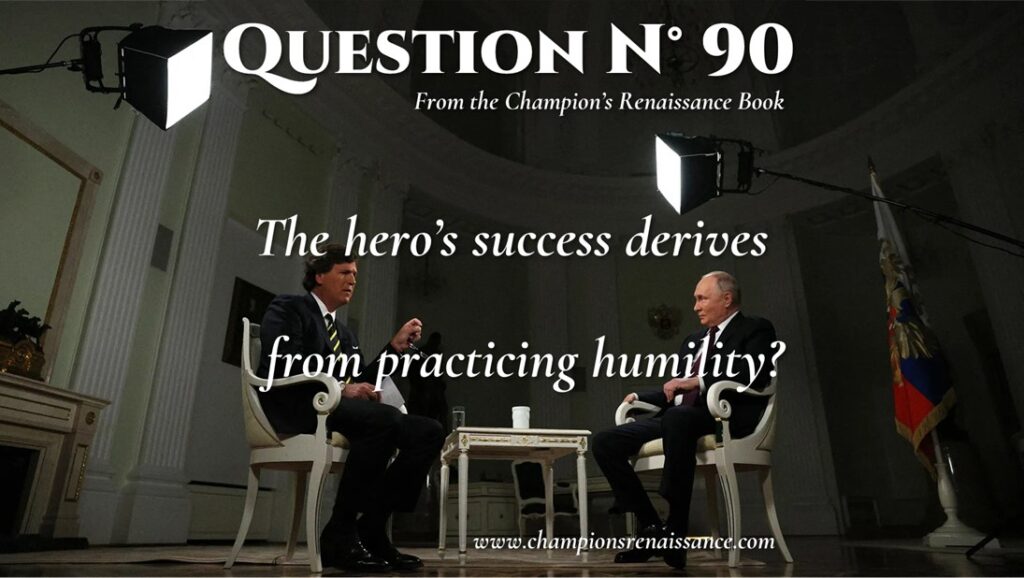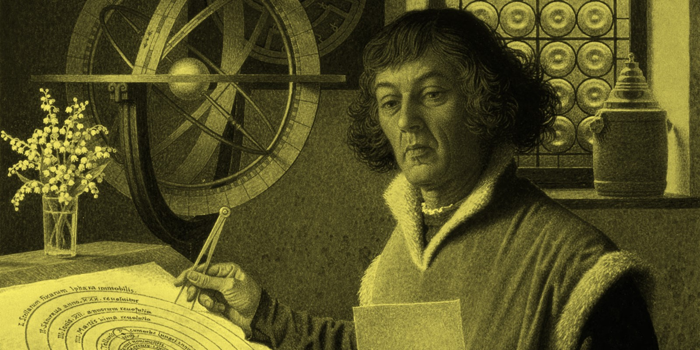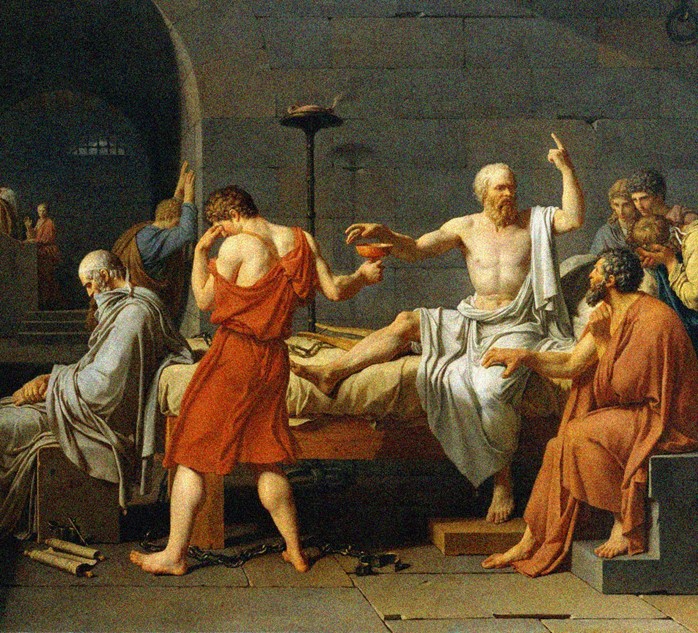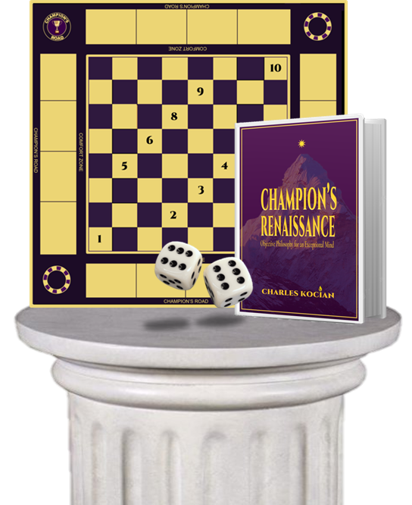
(Answer at the end).
PUTIN
By Charles Kocian
Last week Tucker Carlson US journalist went to Moscow to interview Russian president Vladimir Putin in the Kremlin. It was made in February 6th and published in February 8th 2024. It was a two hours and six minutes interview where Putin talked about Russia history to give context to the SMO in Ukraine. You can see the complete interview in Tucker Carlson website. It has been viewed over 150 million times one day after it was posted on the social network X, liked by over 860,000 users, reposted 269,000 times. By Sunday it was viewed over 10 million times on Carlson’s YouTube channel. But MSM was silent or accused Carlson as traitor to show the other side of the story. Others are worry about Carlson safety. Why? Because, as Voltaire said, “It is dangerous to be right in matters on which the established authorities are wrong.” Is there any similar case in the Renaissance, when authorities didn’t allow new ideas? Indeed, let’s see two.

Carlson interviews Putin.
The first is the story of Giordano Bruno, an Italian philosopher, astronomer and mathematician who supported Nicolaus Copernicus’s heliocentric model of the solar system. He was burned at the stake in Rome in 1600 for his cosmological views. The second story is Galileo’s condemnation (for life) because he demonstrated that the Earth was moving, also supporting Copernicus’s heliocentric theory. In both cases, the narrow minds of the Inquisition, motivated by political reasons rather than scientific curiosity, used brute force to suppress objective truth. They thought the irrational could win over the rational. But the truth, the objective scientific truth, always finds its ways to public life. Who is laughing of Copernicus today? The irrational dumbs, if any. But what about ancient Greece times? Is there a similar case of irrational authorities trying to suppress truth? Let’s see.

Copernicus.
Of course, Socrates death case is iconic. Why was he accused? He was charged of corrupting the youth, rejecting the gods and inspiring disrespect for authority among his youthful followers. Socrates was a free thinker, a curious man who wanted to investigate nature and the best moral way for man to live its life, that is, to achieve Eudaemonia, the highest moral possibility for man. But authorities, especially the authority of the crowds, are not exactly in that high probability. So, as have happened many times in history, ignorance, with its impotent envy, killed Socrates curiosity and its search of truth. But it didn’t work. Truth always finds the light.

Socrates Death.
CONCLUSION
Through history, truth has been a threat to authorities; the irrational man, (the anti-man) fears it; the man of reason, (the real-man) loves it.
Now answer to question 90.
QUESTION N° 90
The hero’s success derives from practicing humility?
a) True
b) False
The answer is: b) False. Rational pride, is the rational hero’s virtue; rational humility, mind laziness. If man is a rational animal and, its essence is reason, then, rational pride is a virtue; for crowds, a sin. Rational animal’s essence, is reason; crowd’s essence, the irrational.
Download the free philos0phy game and leave your comments here.


